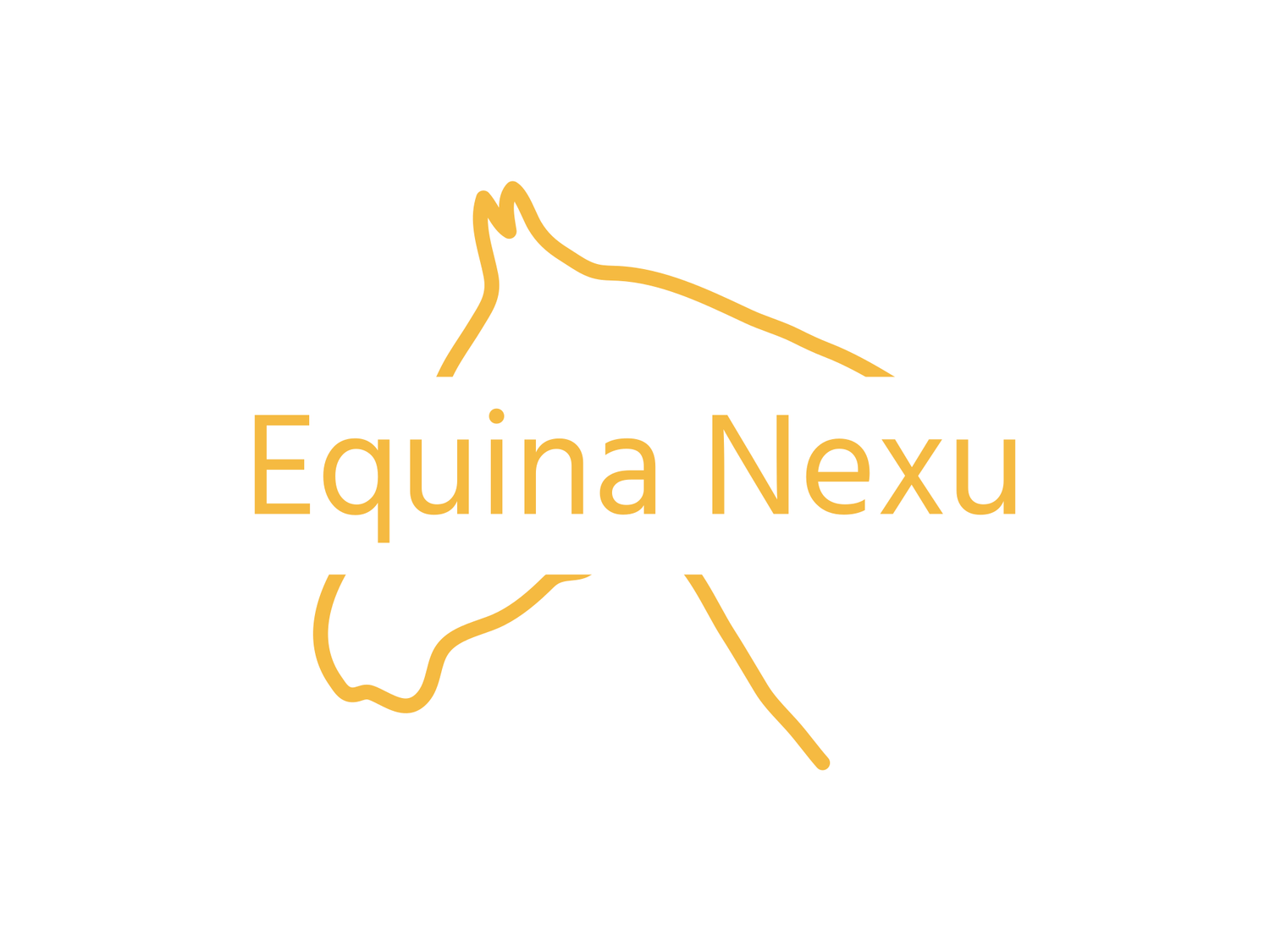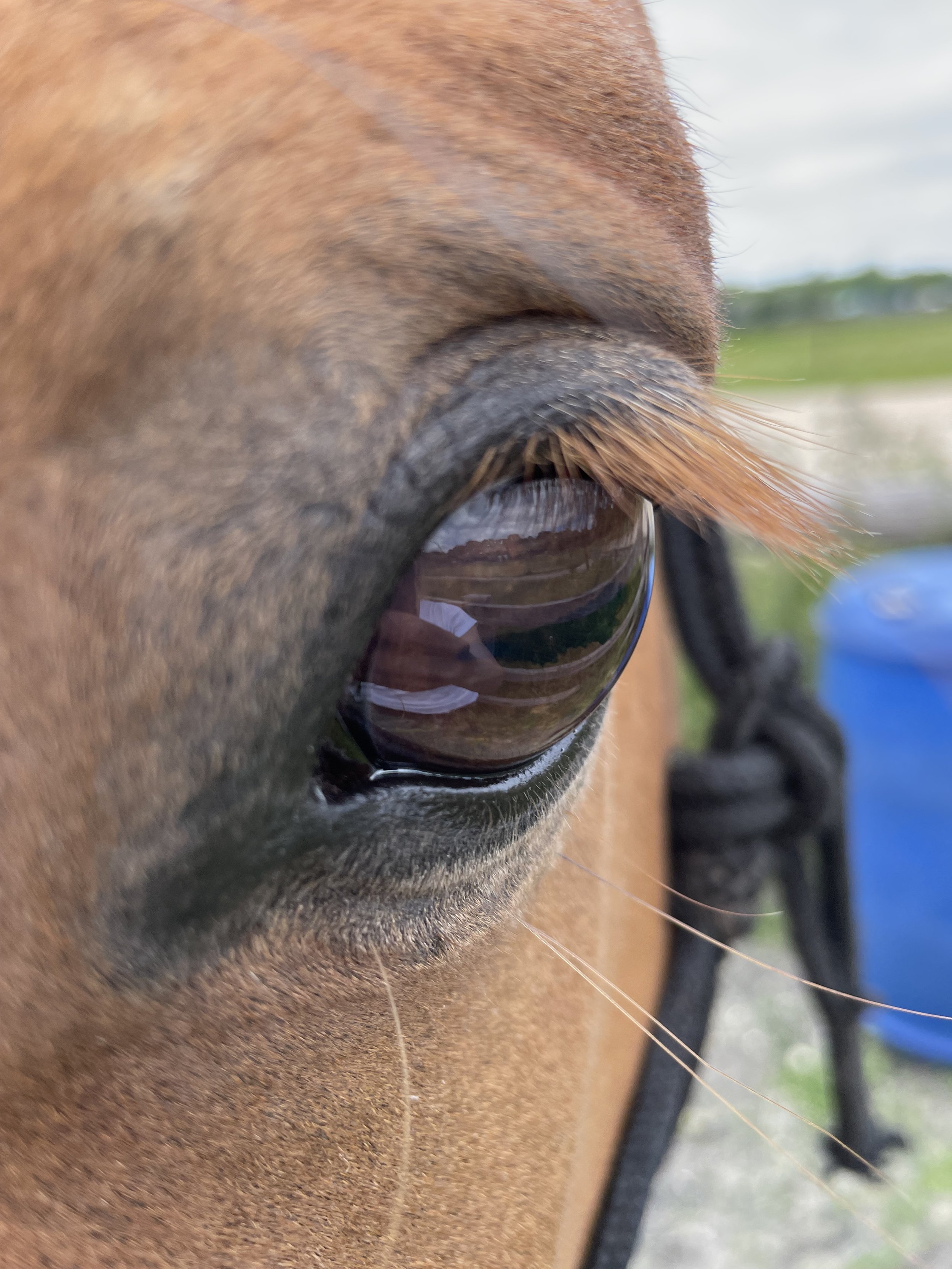
Traditional and/or Another Way
There are many different forms of counselling and coaching and whilst all can be effective, some may appeal more than others.
Psychological therapies generally fall into the following categories: behavioural therapies, which focus on cognitions and behaviours, psychoanalytical and psychodynamic therapies, which focus on the unconscious relationship patterns that evolved from childhood, humanistic therapies, which focus on self-development in the 'here and now', arts therapies, which use creative arts within the therapeutic process and couples counselling, which looks to resolve issues experienced by couples. (Counselling-directory.org.uk)
Equine Facilitated Learning encompasses all the above categories. Horses are experts at body language and pick up on the energy which naturally permeates from every living creature. Conscious and unconscious beliefs are often expressed through body language with gestures and movements which the horse will pick up on.
Many people have experienced or considered traditional counselling or coaching, but this may not be effective or appealing to everyone. It may be the case that Equine Facilitated Learning will appeal because it encompasses “talk therapy” but also uses the senses of touch, hearing, vision and smell by bringing people outdoors, into a non-threatening and inviting atmosphere, and offering them a chance to use all senses while learning and processing through emotional challenges.
Horses possess an evolutionary advantage that enables them to pick up on our most subtle emotions without talking and at the same time not being judgmental and even uncovering emotional blind spots. The feeling that the horse gives you of not being judged and being accepted as you are, enables you to relax, making it easier to process any emotions. Horses are experts at understanding nonverbal communication.
“I’ve seen people go from suicidal to thriving in less time in equine therapy than talk therapy, by far.”[1] Instead of having to discuss or relive certain situations the horse will help you move past them. “One session with a horse is like a month’s sessions in talk therapy. In my work, horses have been observed to reflect back to a client an uncanny and accurate reflection of their inner emotional map, and to zero in on emotional states that neither the client or a trained facilitator has previously detected."
[1] Beth Russell, Equine Facilitated Psychotherapist, KCRM Women’s Center, Kansas.
Some traditional therapies rely exclusively on language as the form of communication and if the client struggles in any way with this, the therapy is unlikely to be effective and can lead to feelings of frustration, defeat and exhaustion. EFL can help the client put their feelings into words to be able to move forward.
I’m tired of talking about it. While there can be benefits to reprocessing our feelings as we retell our stories in talk therapy, for some it just doesn’t work. Some are too guarded to trust opening up to anyone. Some feel overwhelmed sharing the details of their experiences. Others simply cannot even put their trauma into words.”[1]
Finding a presence of peace and acceptance from the horses provides an outlet to seek out realistic solutions to problems posed by life, and finally to deal with and accept the reality of your situation.[2]
[1] Tailwinds Therapy, California
[2] Gail Carruthers, an equine-guided learning teacher

